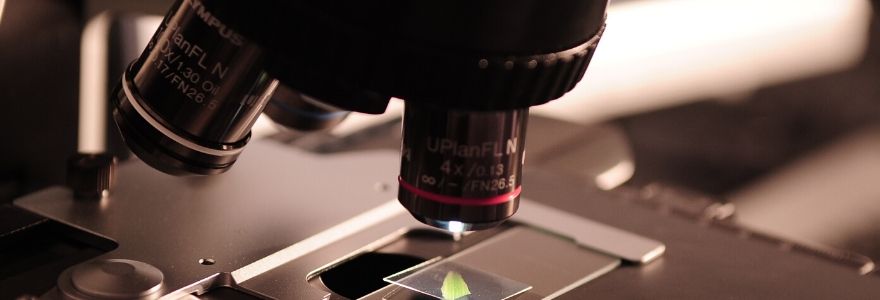Experimental Oncology

The Division of Experimental Oncology consists of 29 basic and clinical scientists from a diverse variety of disciplines. Collectively, members of the division study the mechanisms of cancer initiation, progression
Many of our laboratories are located together on the 4th floor of the London Regional Cancer Program (LRCP) and Victoria Research Labs (VRL) in Victoria Hospital at the London Health Sciences Centre. However, other members of the division are located at various research sites throughout London, as cancer research is a city-wide endeavor integrated by Western University, London Health Sciences Centre, St Joseph’s Hospital, and the Lawson Health Research Institute.
Many of the members of our division are also LRCP/Lawson Oncology Scientists. Members of the Division of Experimental Oncology have appointments in basic science departments at Western University through which they perform a variety of teaching and administrative duties. These include, but are not limited to, the departments of Anatomy and Cell Biology, Biochemistry, Microbiology & Immunology, Pathology and Laboratory Medicine, and Physiology and Pharmacology. Faculty cross-appointments to various clinical departments also underscore our goal to integrate the multidisciplinary aspects of cancer research across disease sites.
Training
Divisional members are heavily invested in training the next generation of cancer researchers. This includes graduate students, and also summer undergraduate students, undergraduate thesis research students, high school cooperative education students, postdoctoral fellows, and medical residents. Graduate students mentored by division members complete their doctoral and master level degree requirements through the graduate programs with which their faculty mentors are affiliated. A weekly journal club runs most Fridays at 12:30 throughout the academic year, providing an opportunity for cancer research trainees with diverse backgrounds and interests to meet informally and discuss current developments in cancer research.
Seminar Series
The Division of Experimental Oncology participates in Oncology Grand Rounds, hosting 8 or more speakers per academic year. This series typically runs throughout the academic year each Tuesday from
Divisional Awards
Division Head
Dr. Joseph Mymryk
Division Members
- Dr. Alison Allan
- Dr. Tallulah Andrews
- Dr. Samuel Asfaha
- Dr. Nathalie Berube
- Dr. Vasudeva Bhat
- Dr. Matthew Cecchini
- Dr. Lina Dagnino
- Dr. Rodney Dekoter
- Dr. Frederick Dick
- Dr. John DiGuglielmo
- Dr. Gabriel DiMattia
- Dr. Vanessa Dumeaux
- Dr. Peter Ferguson
- Dr. Paula Foster
- Dr. Teklab Gebregiworgis
- Dr. James Koropatnick
- Dr. Mansour Haeryfar
- Dr. Michael Hallett
- Dr. Pingzhao Hu
- Dr. P.K. Lala
- Dr. Shawn Li
- Dr. David Litchfield
- Dr. Leonard Luyt
- Dr. Saman Maleki
- Dr. Wei-Ping Min
- Dr. Joe Mymryk (Chair)
- Dr. Sylvia Penuela
- Dr. James Petrik (University of Guelph)
- Dr. Christopher Pin
- Dr. Peter Rogan
- Dr. John Ronald
- Dr. Caroline Schild-Poulter
- Dr. Trevor Shepherd
- Dr. Alexander Timoshenko
- Dr. Joseph Torchia
- Dr. Eva Turley
- Dr. Qi Zhang
- Dr. Xiufen Zheng
- Dr. Xiao Zhen Zhou









